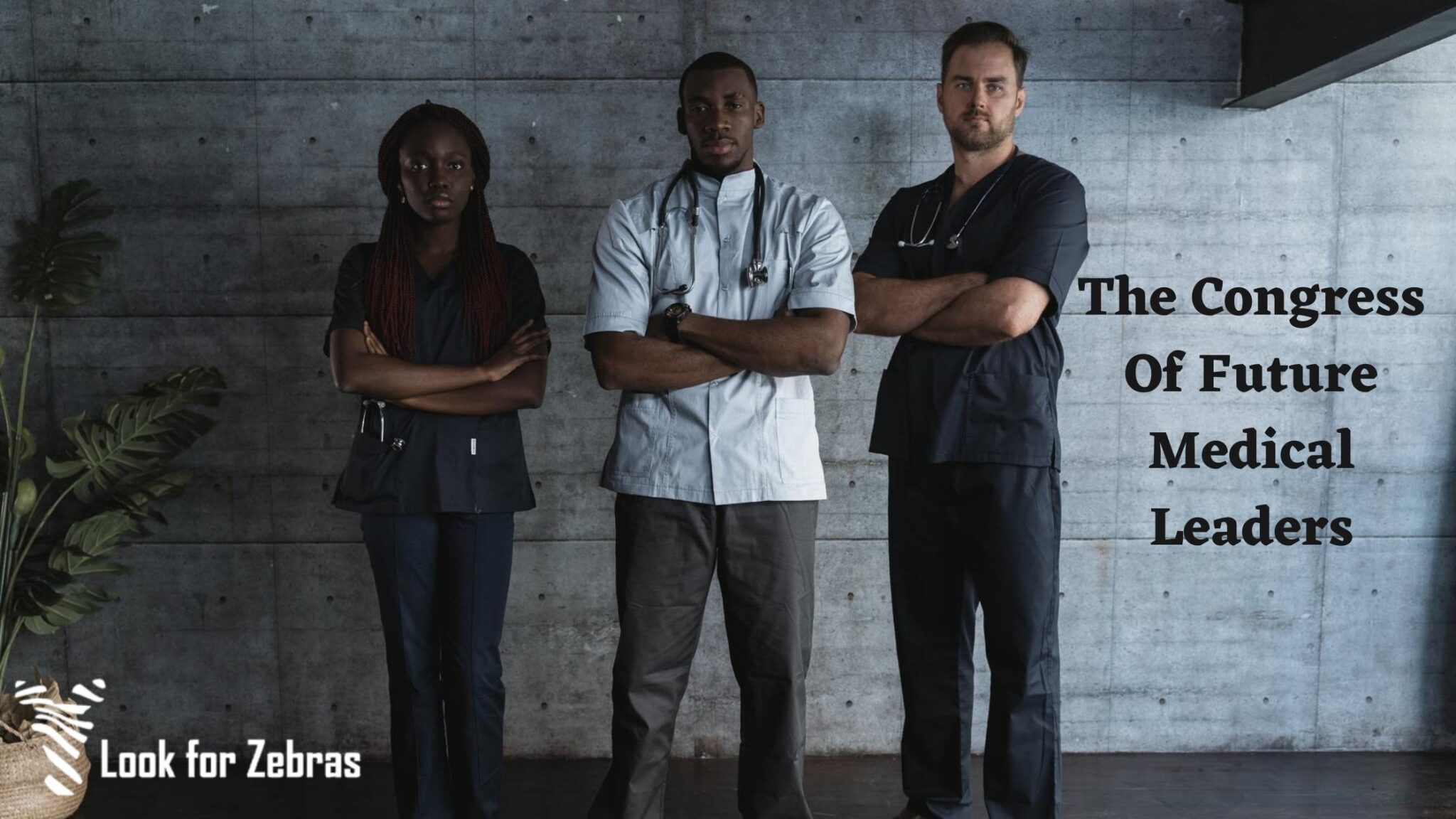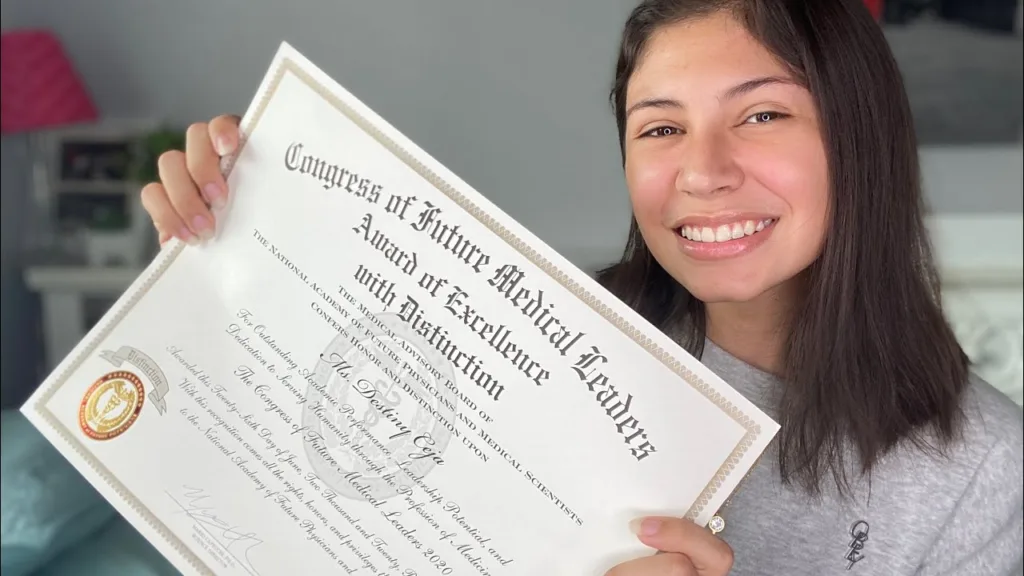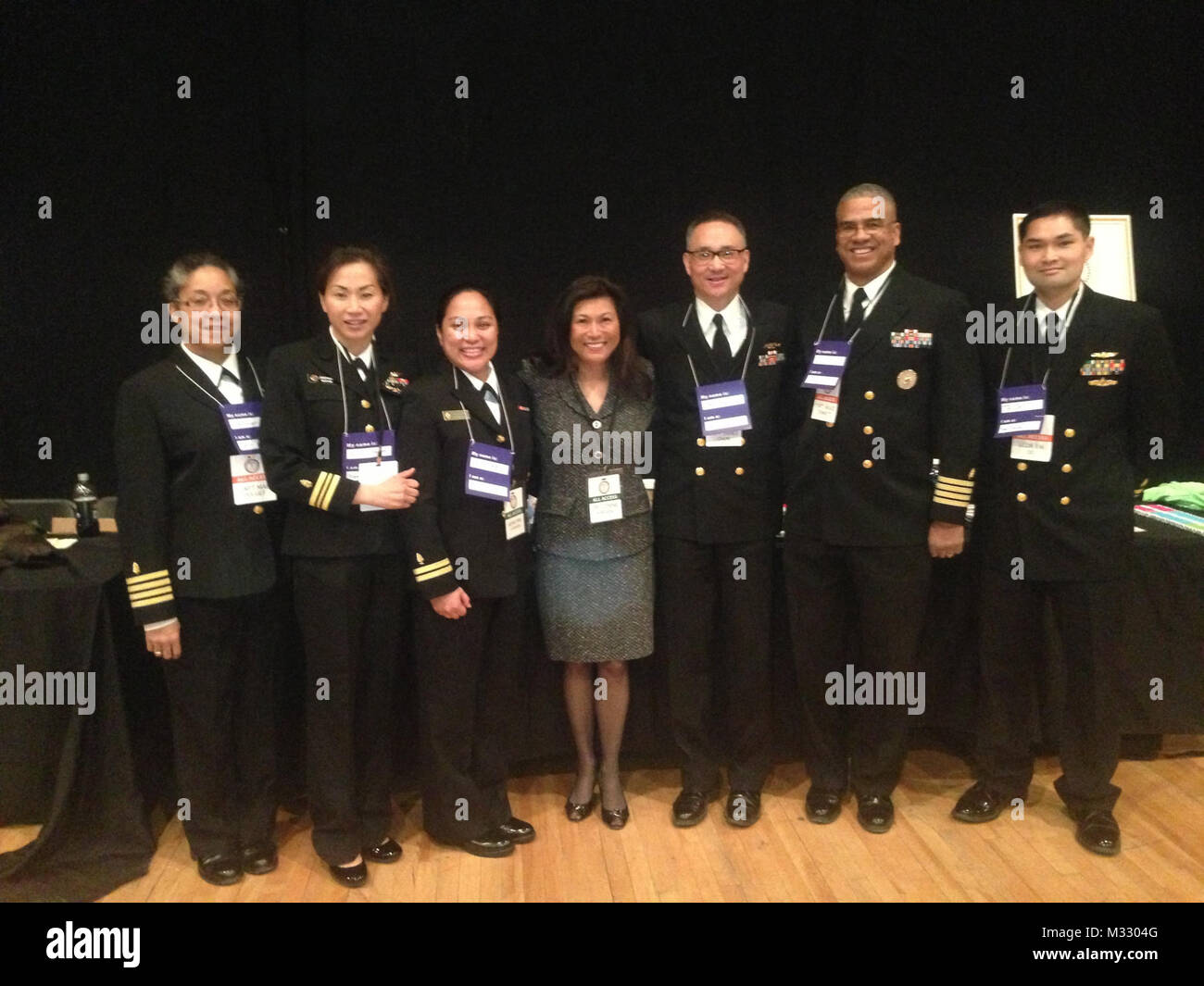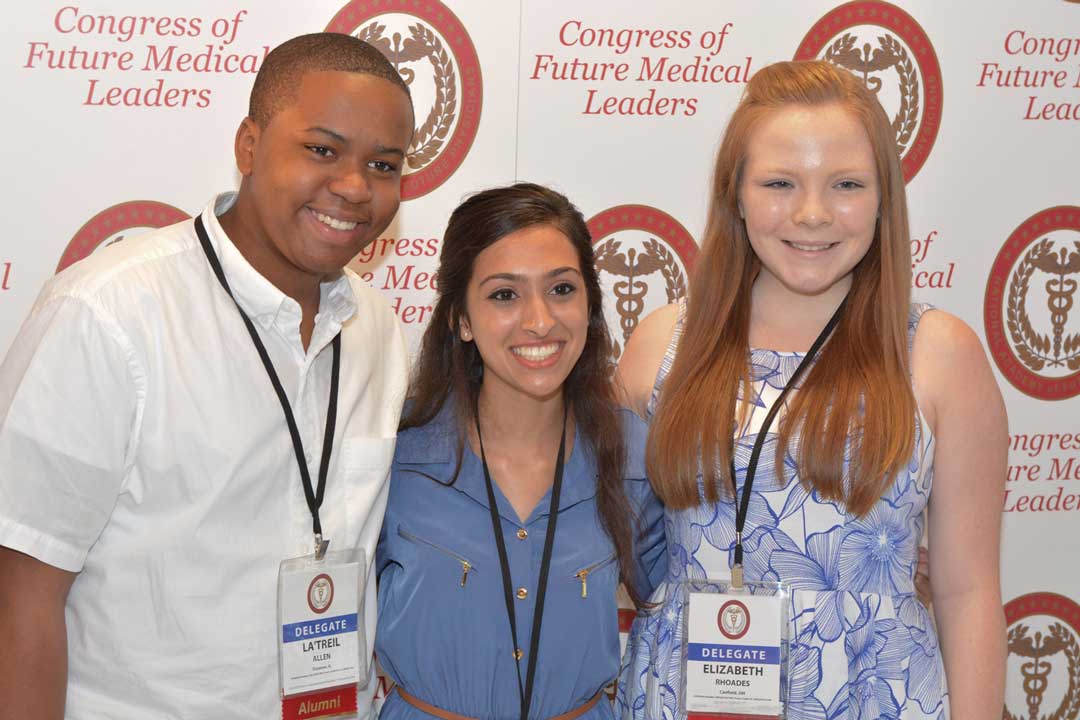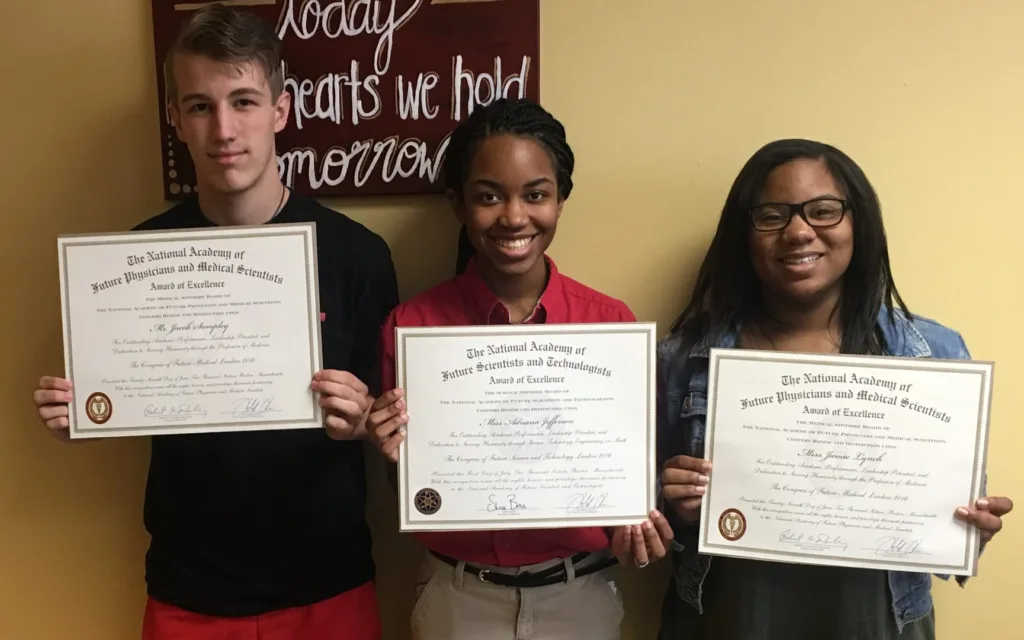Is The Congress Of Future Medical Leaders Legit

For high school students dreaming of a future in medicine, the Congress of Future Medical Leaders (CFML) presents an enticing opportunity: a chance to learn from leading medical professionals, witness cutting-edge medical technology, and network with like-minded peers. But amidst the glossy brochures and testimonials, a crucial question arises: Is this program a genuine springboard for aspiring doctors, or just another impressive-sounding resume builder?
This article delves into the CFML, examining its structure, content, and perceived value to determine its legitimacy and assess its potential impact on aspiring medical professionals. We'll explore the program's objectives, the perspectives of attendees and experts, and the overall credibility of the organization behind it, the National Academy of Future Physicians and Medical Scientists (NAFPMS).
What is the Congress of Future Medical Leaders?
The CFML is a three-day event held annually in Lowell, Massachusetts. It aims to inspire and guide high school students interested in pursuing careers in the medical field.
According to the NAFPMS, the Congress brings together some of the "greatest minds in medicine," offering attendees the opportunity to hear from Nobel laureates, deans of medical schools, and pioneering medical researchers. Students also participate in simulations, receive advice on college admissions, and learn about emerging medical technologies.
Selection and Cost
Students are nominated for the CFML by teachers, counselors, and other school officials based on academic achievement, leadership potential, and a demonstrated interest in medicine. However, the program also accepts direct applications from students meeting certain academic criteria.
Participation in the Congress comes at a cost, with tuition fees covering the program's expenses. Travel and accommodation are typically the responsibility of the student and their family.
Perspectives on the Program's Value
Experiences with the CFML vary significantly, with some attendees describing it as a transformative experience and others expressing skepticism about its long-term impact.
Some alumni report that the Congress fueled their passion for medicine, provided valuable insights into the field, and helped them network with potential mentors. Testimonials often highlight the motivational speeches and the opportunity to witness medical breakthroughs firsthand.
However, other students have questioned the depth of the learning experience and the genuine value of the connections made. Concerns have been raised about the program's cost relative to its perceived benefits, and the selectivity of the nomination process.
Examining the NAFPMS
The legitimacy of the CFML is closely tied to the credibility of the NAFPMS, the organization that hosts it. The NAFPMS describes itself as a non-profit organization dedicated to inspiring and supporting future leaders in the medical field.
However, it's important to note that the NAFPMS is not a medical accreditation body or a professional medical society. Its primary function appears to be organizing and promoting events like the CFML.
Some critics argue that the NAFPMS's focus on student recruitment and tuition fees raises questions about its motives. They suggest that the organization may prioritize profit over genuine educational impact.
Potential Impact on College Admissions
Many students attend the CFML with the hope that it will enhance their college applications, particularly for competitive pre-med programs. While participation in the Congress can certainly demonstrate an interest in medicine, its impact on admissions is not guaranteed.
Admissions officers at top medical schools typically evaluate applicants based on a holistic review process, considering factors such as academic performance, standardized test scores, research experience, and extracurricular activities. The CFML, while potentially valuable, is just one piece of the puzzle.
Dr. Emily Carter, a pre-med advisor at a large university, notes that "participation in programs like the CFML can demonstrate a student's commitment to medicine, but it's crucial to have a well-rounded application with significant research experience and clinical exposure."
Making an Informed Decision
Ultimately, the decision of whether or not to attend the CFML is a personal one. Aspiring medical students should carefully weigh the program's cost, content, and potential benefits against their own individual needs and goals.
It's essential to conduct thorough research, read reviews from past attendees, and consider alternative opportunities for exploring the medical field, such as volunteering at a local hospital or shadowing a physician.
While the Congress of Future Medical Leaders may offer valuable insights and inspiration, students should approach it with a critical eye and avoid viewing it as a guaranteed pathway to medical school success. The key lies in genuine passion, hard work, and a well-rounded approach to pursuing a career in medicine.
